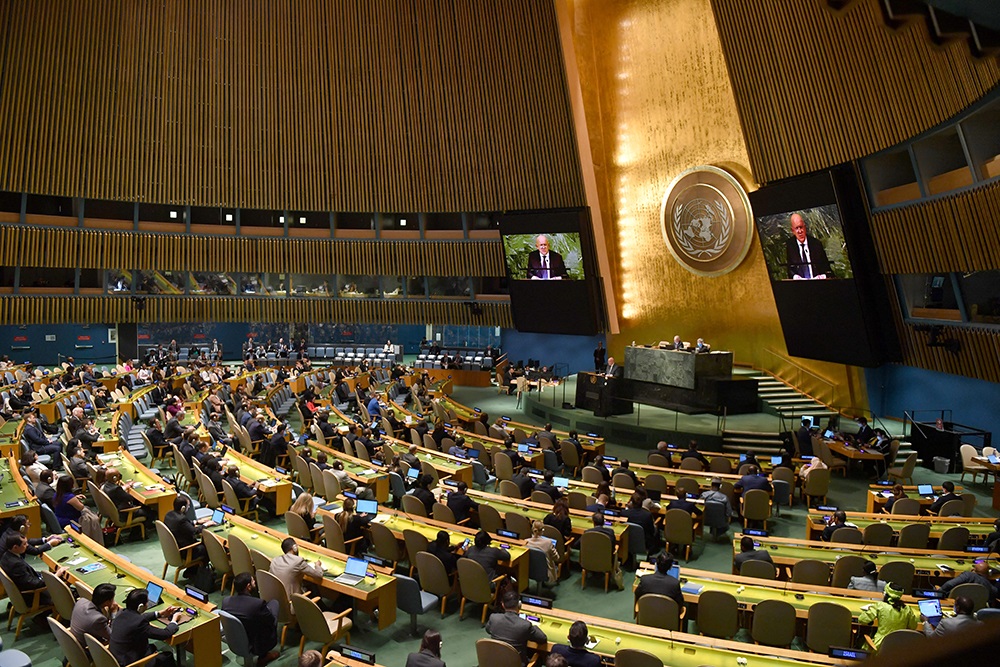Disjointed content creation across teams slows progress and opens the door to miscommunication. HTML rich text editors offer a solution through collaborative editing, ensuring a unified and efficient workflow. We’ll explore the key features of these editors, how they integrate with existing systems, and how they could shape the way we work together.
The Power of Collaborative Editing with HTML Rich Text Editors
Collaborative editing breaks down traditional barriers in teamwork. Whether working on a remote project, co-authoring a paper, or developing software, the ability to edit and share content in real time offers significant advantages. HTML rich text editors, especially those with a WYSIWYG (What You See Is What You Get) interface, enhance the experience with their focus on ease of use and visual presentation.
Key features that make HTML rich text editors perfect for collaboration include:
- Real-time Editing: Changes made by one user are seen instantly by others. This eliminates version confusion and encourages faster iteration. Learn more about real-time editing: https://en.wikipedia.org/wiki/Collaborative_real-time_editor.
- User-friendly Interface: Intuitive tools make it simple for anyone to participate, regardless of their technical background.
- Cross-Platform Compatibility: Editors that work seamlessly on different devices and operating systems remove barriers to collaboration.
- Version Control: Tracking changes allows for easy rollback and review of previous edits, providing a valuable safety net and historical record. Explore version control systems: https://en.wikipedia.org/wiki/Version_control.
- User Tracking: See who made which changes, encouraging accountability and providing insights into the collaborative process.
Next-Generation WYSIWYG HTML Rich Text Editors
Let’s focus on a prime example: the Froala WYSIWYG HTML Editor: [https://www.froala.com/wysiwyg-editor]. This editor stands out for its robust collaborative features, making it popular with many teams:
- Customizable Collaboration Modes: Tailor the editing experience (real-time, comments, task assignments) to match your team’s workflow.
- Offline Editing: Continue working even without an internet connection, with automatic syncing when you reconnect.
- Support for React: Froala integrates effortlessly with the popular React framework [https://www.froala.com/wysiwyg-editor/docs/framework-plugins/react], allowing you to build dynamic, collaborative web applications.
- Intuitive User Interface: Focus on content, not code, with familiar formatting options suitable for all skill levels.
Froala also excels in its handling of rich media. Embed images, videos, and other elements to elevate your content’s visual impact alongside your text.
The Froala Advantage – Real-World Integration
To understand how Froala can revolutionize your collaboration using an HTML rich text editor, let’s explore key features and how they work with React:
- Real-Time Editing with React: Synchronize changes instantly within your application, fostering a fluid, live collaborative environment.
- User Tracking and Accountability: Monitor editor activity within your React app for insights and to promote transparent workflows.
- Version Control in React: Manage versions seamlessly within your application, providing a historical record for reference and rollback if needed.
Use Cases & Success Stories
Here are a few examples of how HTML rich text editors are transforming workflows:
- Content Creation: Marketing teams create collaborative documents and reports, ensuring brand consistency and streamlined production.
- Code Collaboration: Developers work in tandem on codebases, facilitating faster development and debugging with integrated version control.
- Project Management: Project managers leverage these editors for shared plans, progress tracking, and task management to keep team members aligned.
The Future of Collaborative Content Creation
Collaborative editing with HTML rich text editors is constantly evolving. Here are a few emerging trends:
- Enhanced AI Integration: Expect smarter suggestions, editing assistance, and even analysis of your collaborative workflow for optimization.
- Improved Mobile Collaboration: More powerful editing tools on mobile devices for true on-the-go collaboration.
- Enhanced Security: Stronger encryption and access controls to keep your collaborative work safe.
- Augmented Reality Collaboration: Immersive AR experiences could allow spatially-aware editing beyond the limits of a screen.
Conclusion
HTML rich text editors are indispensable tools for fostering efficiency and innovation in collaborative environments. Next-gen solutions like Froala, with their flexibility and ease of integration (especially with React), stand out as a reliable choice. As technology continues to advance, expect HTML rich text editors to become even more sophisticated and integrated into our workflows, pushing the boundaries of what we can create together.
Check also;
- The Importance Of Having A Website For Your Business
- Navigating The Complexities Of Data Transformation In Modern Enterprises
Please use the button below to contribute to Newslex Point, Inc. using a credit card or via PayPal.

 Newslex Point News in Uganda, Uganda news
Newslex Point News in Uganda, Uganda news












